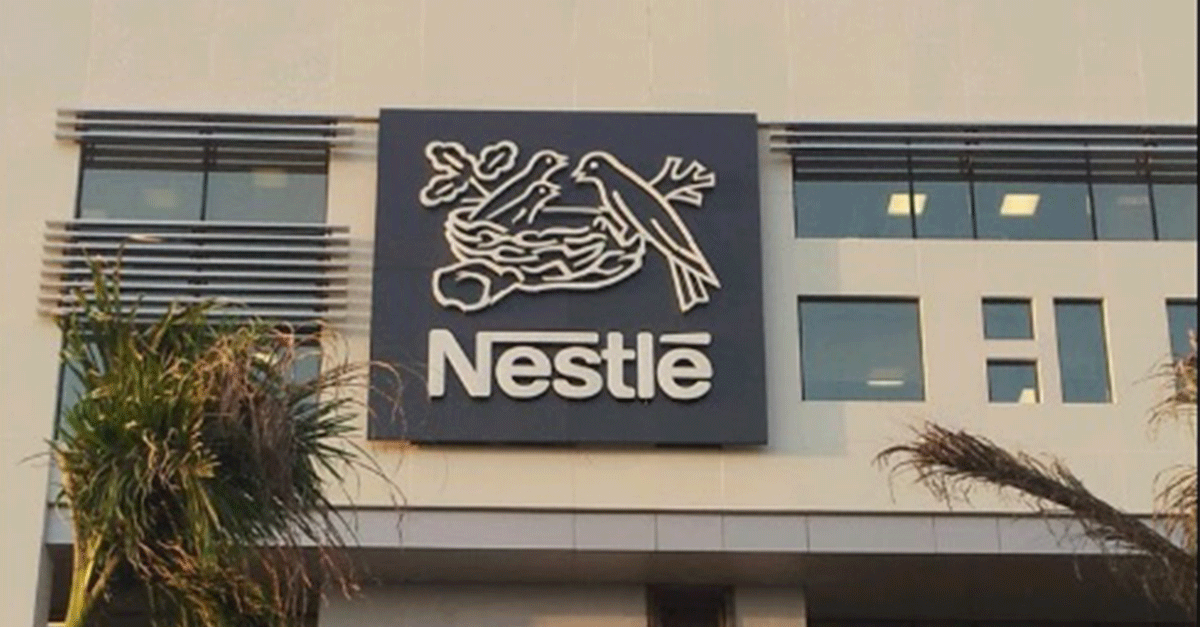Nestle has confirmed that it intends to continue to invest in growing its business in the Egyptian market, where it expects to report double-digit growth in 2016.
The company has invested around EGP100bn (US$12.8bn) in Egypt over the past five years and a spokesperson for the group told just-food that it anticipates “similar investments” in the coming years. “This proves Nestle’s commitment to the Egyptian market and the importance of its large scale labour and consumer potential. For Nestle, Egypt is and will continue to be an important centre for trade and production,” the spokesperson explained.
Yasser Abdul Malak, Nestle’s CEO and chairman for North East Africa, said business had grown despite the challenges as the food group makes 70 percent of its products locally and has managed to finance imports because essential foods are prioritized by banks allocating precious dollars.
“It is a daily battle for foreign currency, it is day in day out an uphill battle but with all this and the business model that we have and the categories that we operate in we have managed to continue to grow,” Abdul Malak said.
- Advertisement -
“We will also in the coming years…invest similar to what we have in the past – 1 billion Egyptian pounds.”
Despite the political turmoil that has rocked Egypt since a 2011 uprising, Nestle has expanded, opening a chocolate factory in mid-2014 and doubling its employees to 6,500.
The conflict in Libya had hit exports from Egypt, Abdul Malak said, though Nestle expected to reach almost double-digit growth in the North East Africa region encompassing Egypt, Libya and Sudan over five to 10 years.
“Last year we did well despite the challenges. We plan to continue on this plan of double-digit growth,” he said.
Food is a growing sector in Egypt, the most populous Arab nation that is home to 90 million people.
But uncertainty over the Egyptian pound and a foreign exchange crunch has made it harder for foreign investors to operate and plan.
Egypt has faced a dollar shortage since the uprising drove away foreign investors and tourists, key earners of forex it needs to finance imports.
The pound has faced downward pressure as forex reserves have tumbled, but the central bank is reluctant to devalue.
Instead, it has sought to preserve forex for essentials like food by capping dollar deposits and imposing other restrictions that have slowed imports and made it harder for foreign investors to repatriate earnings.
Abdul Malak said Nestle had not repatriated profits for years and had not repatriated royalties for months.
“We understand and appreciate the challenge the government has…with a trade imbalance and a shortage of forex. However, it is very important to also appreciate that the solution is not necessarily reducing imports. The solution is to increase exports,” he said.
In the coming year, the spokesperson confirmed that Nestle anticipates further growth from its Egyptian business. “The company has been doing well, and we expect our numbers in 2016 to be even better with our upcoming initiatives, continued innovation and market developments and we are expecting double digit growth.”








